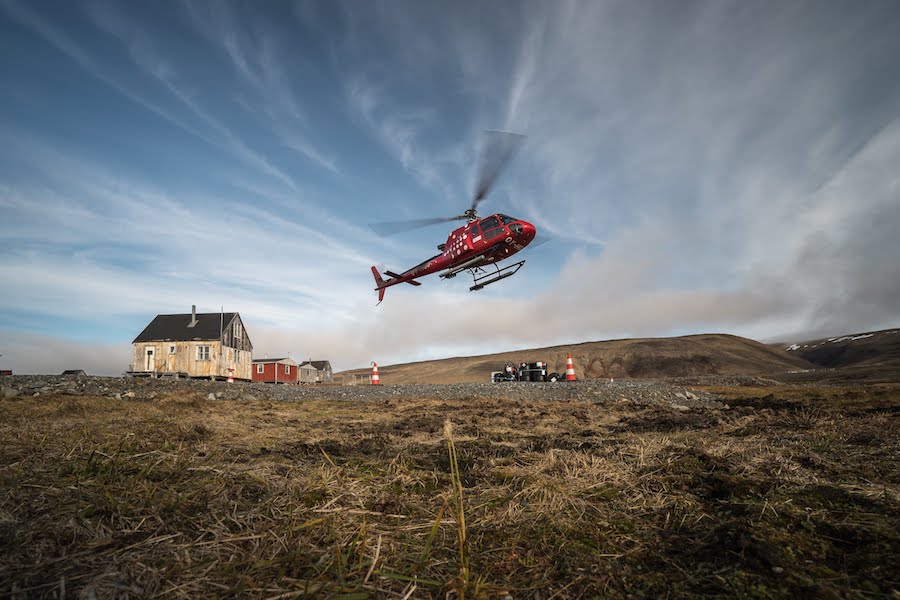Rio Tinto, Bluejay to jointly explore for nickel in Finland

In the first phase, the world’s second largest miner could secure a 51% ownership by spending $5 million by November 2023. Of that total, Rio would have to spend $400,000 by the end of March next year.
Rio could earn up to a 75% interest in Enonkoski by sole funding $20 million in project expenditures, or cash equivalent payments
The company could then increase its ownership to 65% by spending a further $5 million by November 2025.
In stage three, Rio’s stake in Enonkoski would jump to 75% if it invests another $10 million by November 2029.
After that, each party would have to fund its respective 75% or 25% share of project expenditure or be diluted.
“We look forward to a successful partnership as we jointly assess the Enonkoski nickel belt,” Bluejay’s chief executive Rod McIllree said in the statement. “This belt has demonstrable nickel occurrences and past production and it’s a testament to the project that we have attracted a blue-chip miner at Enonkoski.”
A recent report by IDTechEx states that as the demand for nickel from electric vehicle batteries is expected to increase ten-fold by 2030 compared to 2019, concerns around the environmentally-conscious supply of the metal are also on the rise.
Tesla (NASDAQ: TSLA) boss Elon Musk is trying to mitigate that impact a jump in nickel mining by offering a “giant contract for a long period of time” to any firm able to extract it in an efficient, environmentally sustainable manner.
Shares in Bluejay jumped 20% to 12p on the London exchange late-morning on the announcement, leaving the company with a market capitalization of almost 102 million pounds.
The company’s wholly owned subsidiary, FinnAust Mining Finland Oy, is currently one of the largest licence holders in east Finland. It fully-owns a range of brownfield exploration licences surrounding historical mines, including the Hammaslahti copper mine, the Outokumpu copper mines and the Enonkoski nickel belt, which hosts the Enonkoski project.
The past-producing Enonkoski mine churned out 6.7 million tonnes at an average grade of 0.8% nickel between 1984 and 1994.
Old pals
The two companies are not strange to each other. For about a year, they have been working together on the Dundas ilmenite project in Greenland. The goal is to review and potentially improve the technical work Bluejay had completed to date on its fully-owned asset.
Miners have become increasingly interested in Greenland as thawing sea ice attributes to climate change, opens up shipping routes and exposes mineral riches. The phenomenon, however, has the country’s population divided, with some worried about the loss of tradition, while others embrace development.
Changing weather patterns has been critical to making the project viable, chief executive Roderick McIllree said last year, as 25 years ago the location would only have been accessible to ships and for only two or three months a year.
Greenland, an autonomous region under the Kingdom of Denmark, is the world’s largest island. The US has operated an airbase on the northwest coast of the island since 1943.
The country makes its own decisions regarding investments in mineral resource activities, including the granting of licenses. The region recently issued more exploration and mining licenses in a bid to diversify its economy.
The US government has stepped up efforts to ensure the supply of critical minerals from outside China. As part of those initiatives, it recently signed a memorandum of understanding with Greenland to conduct a hyper-spectral survey to map the country’s geology.
Washington has also gained the support of Australia, which has committed to facilitate potential joint ventures to improve rare earth processing capacity and reduce reliance on Chinese rare earths.
The mineral agencies of both countries signed last year a research agreement to quantify their reserves of critical mineral reserves.




